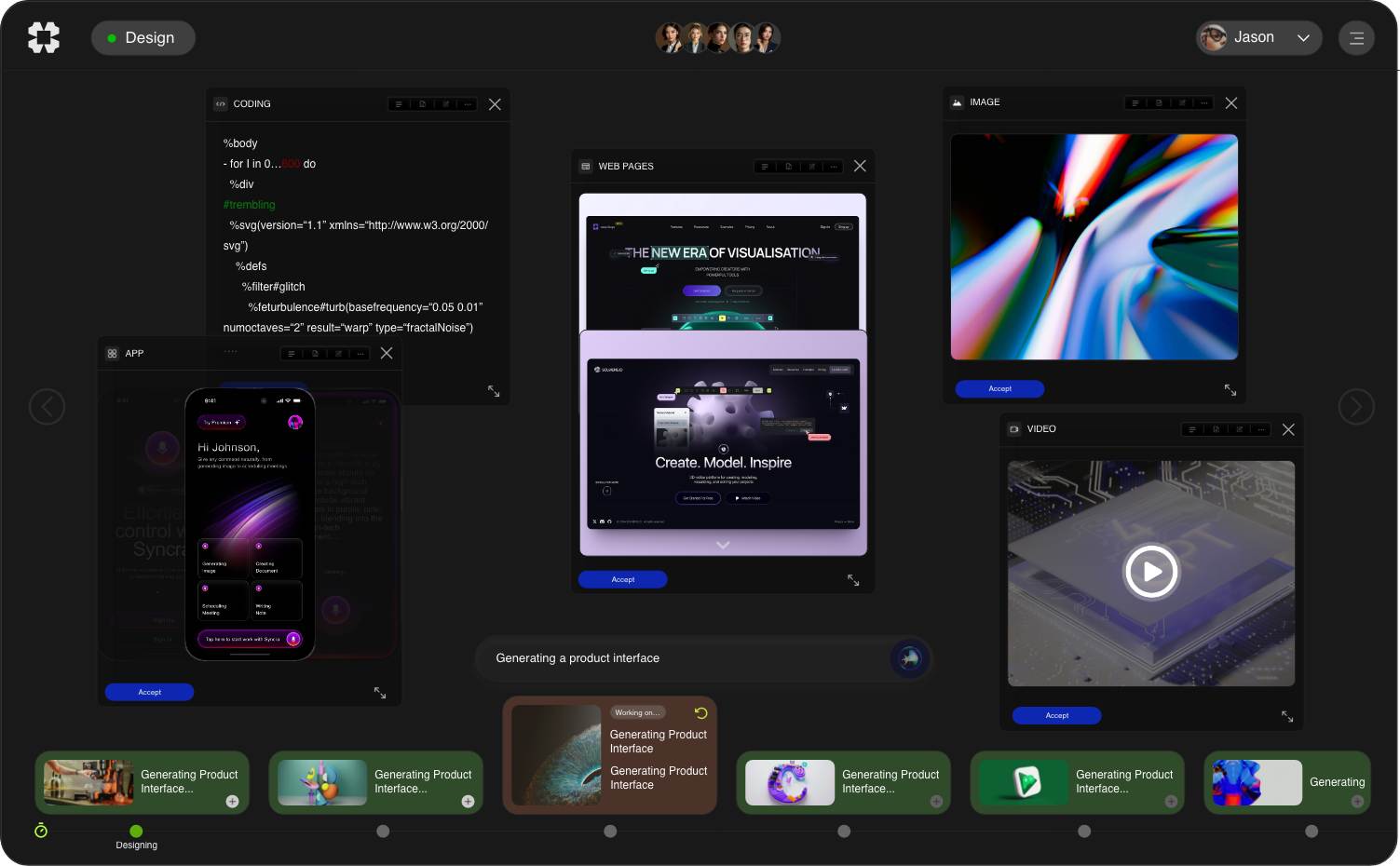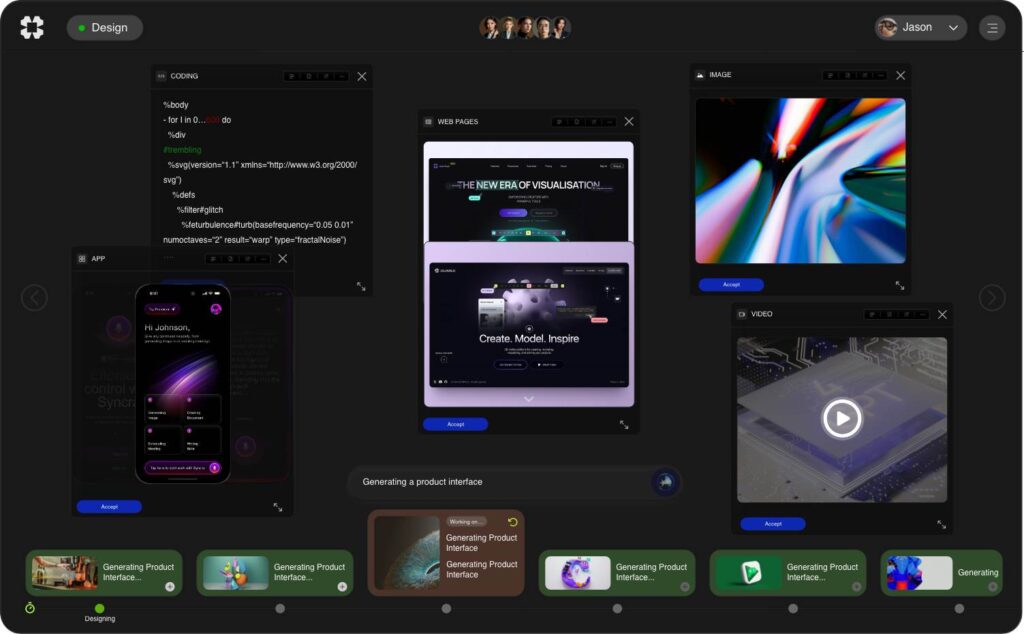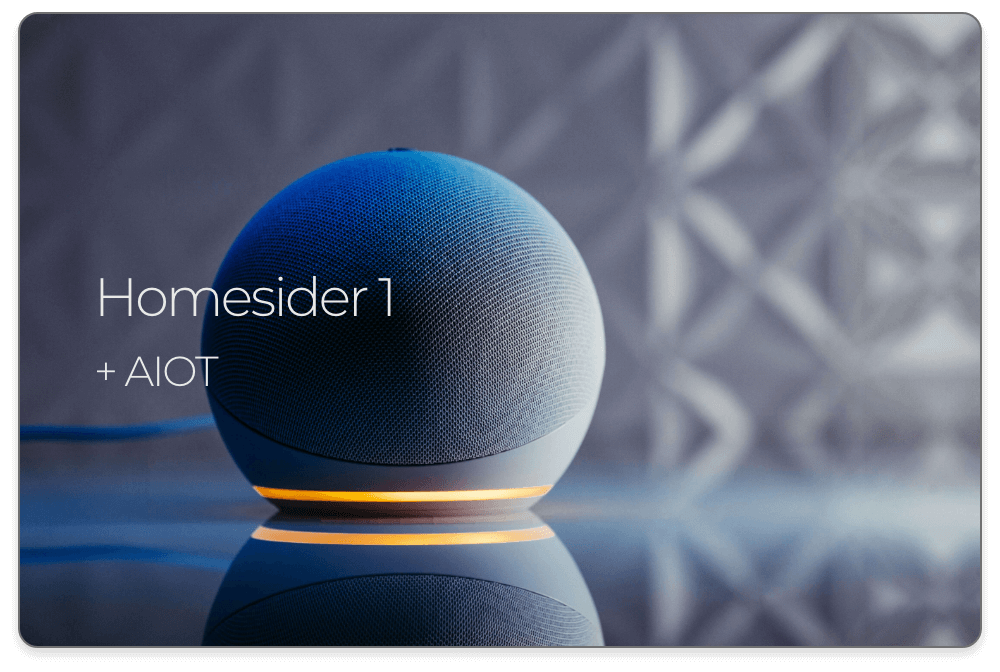Artificial Intelligence (AI) has continually transformed various sectors, and among its most impactful applications are chatbots and automation solutions in healthcare systems and testing procedures. This article will explore the latest trends, news, use cases, and technical insights related to AI chatbots, their role in healthcare systems, and their significant contributions to automated testing processes. We’ll examine how these technologies improve efficiency, enhance patient interaction, and streamline quality assurance in software development.
.
### The Rise of AI Chatbots
AI chatbots have seen a remarkable increase in adoption across various industries, particularly in customer service and healthcare. According to a report by Research and Markets, the global chatbot market is expected to reach $1.34 billion by 2024, growing at a CAGR of 24.3%. This rise reflects a growing recognition of the benefits chatbots offer, including 24/7 availability, immediate responses, and enhanced customer engagement.
In healthcare, AI chatbots serve as virtual health assistants, capable of addressing patient queries, scheduling appointments, and even reminding patients of medication times. A prime example of this technology is Babylon Health, a UK-based digital health service that employs AI to conduct health assessments and connect users with healthcare professionals.
.
### Enhancing Patient Engagement Through AI Chatbots
AI chatbots in healthcare do more than just provide information; they enhance patient engagement and streamline operations. The National Institutes of Health highlighted that chatbots can substantially improve patient adherence to treatment plans by sending reminders and educational material tailored to individual needs.
Moreover, interoperable AI chatbots equipped with advanced natural language processing (NLP) capabilities can analyze patient conversations and flag any concerns that may require human intervention. This ensures a seamless workflow where healthcare professionals can focus their efforts on patients needing immediate attention.
.
### Transforming Healthcare Systems with AI
AI’s integration into healthcare is not limited to chatbots alone. Machine learning algorithms and predictive analytics are revolutionizing how healthcare providers manage patient data, treatment protocols, and operational efficiency. A study published in the Journal of Medical Systems showed that AI could detect anomalies in patient records, leading to better diagnostic and predictive capabilities.
Healthcare systems are increasingly adopting AI solutions to streamline processes like patient onboarding and record management. Platforms like Salesforce Health Cloud leverage AI to offer providers real-time insights into patient histories, enhancing treatment personalization, and improving patient outcomes.
.
### Case Study: AI Chatbots in Action
A notable case highlighting the role of AI chatbots in healthcare is the implementation of “Molly” by the public healthcare system in Sweden. This chatbot assists citizens by answering common health queries, guiding individuals through the healthcare process, and reducing the need for in-person consultations. As a result, the system has seen improved patient satisfaction and decreased pressure on healthcare professionals, allowing them to devote their time to more pressing cases.
.
### Advances in Automated Testing with AI
AI’s impact is not limited to healthcare. In software development, AI is making significant strides in automated testing. Automated testing is essential for maintaining the quality and reliability of software applications, especially in an age where rapid deployment cycles and frequent updates are the norms.
According to a survey by World Quality Report, around 60% of organizations are set to invest more in test automation technologies, primarily focusing on integrating AI to refine their testing processes. AI tools help automate test case generation, execution, and result evaluation, all of which dramatically enhance productivity and result accuracy.
.
### Streamlining Quality Assurance with AI Solutions
In automated testing, AI chatbots play a crucial role in streamlining quality assurance (QA) processes. For instance, tools like Test.ai use machine learning to automatically create and execute tests on various platforms. By recognizing user interface components and adapting test scripts according to changes in the application, these AI-driven solutions minimize the human effort required during testing.
Moreover, AI enhances the detection of anomalies, ensuring quicker identification of bugs and performance issues. The integration of AI in testing can substantially reduce the time spent on manual testing, allowing teams to focus on more critical aspects of software development, including performance optimization and security.
.
### AI Adoption: Challenges and Solutions
Despite the numerous benefits AI chatbots and automated testing solutions offer, the adoption of these technologies is not without challenges. One significant barrier is data privacy, especially in the healthcare domain. Organizations must navigate stringent regulations like HIPAA when implementing AI solutions to safeguard patient data.
Another hurdle is the integration of AI systems within existing infrastructures. Companies often rely on legacy systems that may not seamlessly integrate with modern AI technologies. This presents the challenge of ensuring interoperability while maintaining the integrity of existing data.
However, addressing these challenges is feasible. Solutions such as cloud-based AI platforms can facilitate better data management and ensure compliance. Additionally, investing in training for healthcare professionals and software developers around AI technologies can enhance the effectiveness of these solutions.
.
### Future Trends: What Lies Ahead?
As AI technology progresses, the future of AI chatbots and automated testing is promising. In healthcare, ongoing advancements in NLP will enable chatbots to understand the nuances of human conversations better, leading to more empathetic interactions and improved resolutions for patient queries.
In automated testing, the emergence of AI-driven predictive analytics will allow teams to proactively identify potential issues based on trends and user behavior, resulting in a continuous feedback loop that drives improvements in software quality.
.
### Conclusion: The Power of AI in Healthcare and Beyond
AI chatbots and automated testing solutions are transforming industries by enhancing efficiency, improving customer engagement, and ensuring high-quality applications. As organizations continue to adopt these innovations, the potential for improving patient care and software development grows exponentially.
By overcoming challenges and leveraging the latest advancements in AI technology, businesses and healthcare systems can pave the way for a future where operational excellence becomes the norm rather than the exception.
.
**Sources:**
1. Research and Markets. (2020). Chatbot Market – Growth, Trends, and Forecast (2020 – 2024).
2. National Institutes of Health. (2021). The Role of Artificial Intelligence in Health Care.
3. Journal of Medical Systems. (2022). The Application of Artificial Intelligence in Health Records Management.
4. Salesforce. (2023). Transforming Healthcare with Artificial Intelligence.
5. World Quality Report. (2023). Global Test Automation Trends.
6. Test.ai. (2023). AI-Driven Test Automation Solutions.
In conclusion, AI chatbots are not just technological innovations but rather invaluable tools that are reshaping the engagement between healthcare providers and patients as well as streamlining the testing processes in the tech realm, promoting a future where efficiency and care go hand in hand.

























